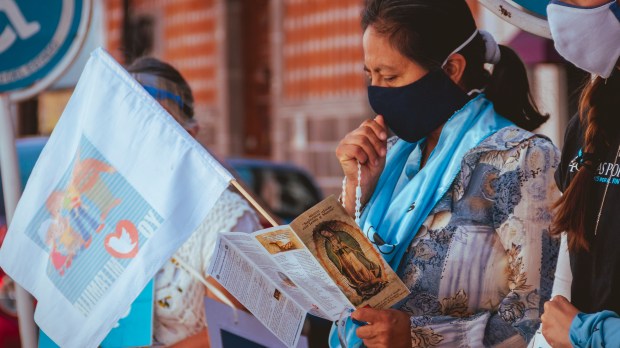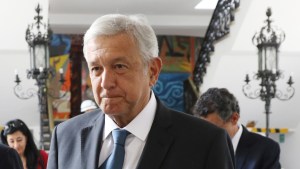When a society’s principles include “separation of Church and state,” may a government tell a religious organization to stay quiet in the weeks before an election?
That seems to be what Mexico’s government tried to do to the Catholic Church, as Mexicans prepare to head to the polls in June.
But the Church has struck back, declaring that it has the right to continue to teach its doctrines, even as they might bear on the vote of the electorate.
This week, the Archdiocese of Mexico City released a statement defending its rights to speak out on public issues, Crux reported.
The statement apparently was in response to an April 26 warning by the Ministry of the Interior that religious associations that intervene in partisan politics might be slapped with sanctions.
Referring to the country’s Constitution and Law of Religious Associations and Public Worship, the ministry urged “all religious actors, particularly ministers of worship, to conduct themselves in such a way that, in the current period of electoral campaigns, they continue contributing to the building of a fully democratic society respectful of constitutional precepts, within the framework of the secularity of the Mexican State.”
Crux explained:
For much of the 20th century, Mexico suffered under some of the most anti-clerical laws in the non-Communist world. The Catholic Church was not recognized as a legal entity, clergy weren’t supposed to wear clerical garb, and the Church was forbidden to interfere in any way in politics. Although many of these restrictions were lifted in the 1990s, the strict separation of Church and State remains in the constitution.
The Church flatly rejected the accusation of the Interior Ministry. In an editorial in the weekly magazine of the Archdiocese of Mexico, Desde la Fe, it saidthat when it takes a position on an issue, it’s not associating itself with a political position, party or candidate.
Mexican bishops have recently urged Catholics to use their right to vote to defend human life and support parents’ rights to decide on their children’s education. Voters should “inform themselves as much as possible about the person and proposals of the candidate so that they can analyze them in conscience so that their vote may be free, reasoned and responsible, in coherence with our human and Christian values,” the country’s bishops said in a statement at Easter time.
The bishops also cautioned voters to beware of manipulation by advertising, opinion polls and digital marketing.
In addition to the bishops’ statements, Mexico’s Multimedia Catholic Center pointed out that the government often quotes the Gospel or Pope Francis when it serves their purpose, but openly attacks the Church or the hierarchy when they speak out on other issues.



